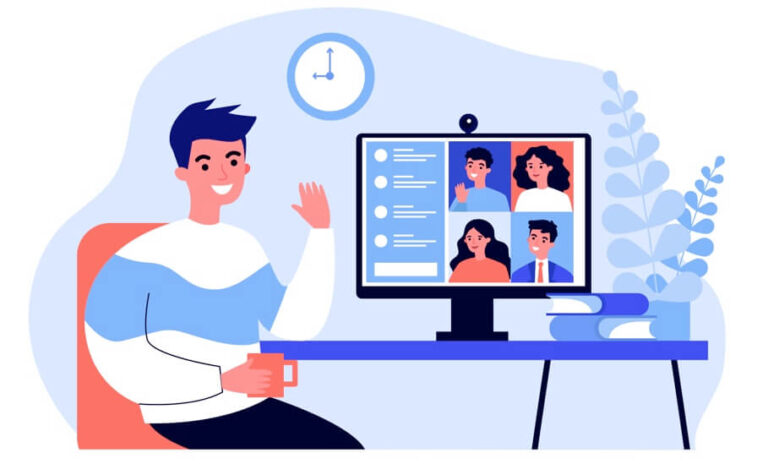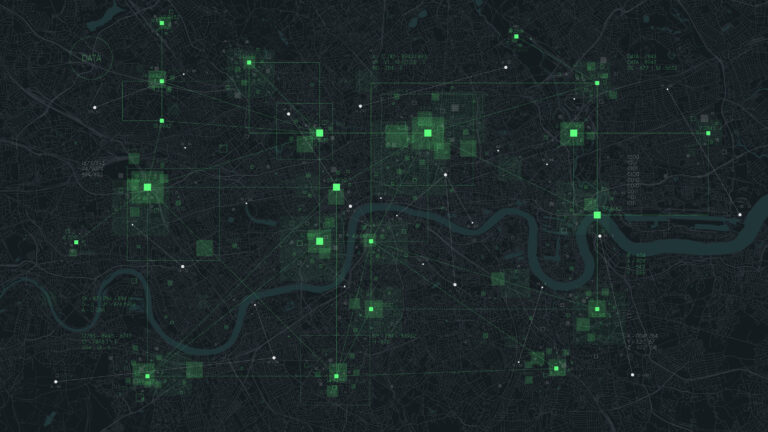Mobile Services in a time of Lockdown

The upsurge in video calls, use of tethering and reliance on hotspots – the mobile service implications for businesses
COVID-19 is spreading like wildfire across the world. In the US, the number of cases has already surpassed China and Italy. In an attempt to flatten the curve, three out of four Americans are now in some sort of lockdown. As thousands of companies shut down shop, IT departments are rushing to enable employees to work from home. With this situation likely to last months, what are the implications of mobile service costs on companies?
Migration to remote working
For the vast majority of employees, remote working is a novel concept. As restrictions tighten, companies must implement measures that will enable their staff to work from home. This means supplying employees with new laptops, tablets and mobile phones as well as providing new licenses for cloud services and MDMs. The next hurdle is that this new equipment now needs to be delivered to employees’ homes rather than to their workplace. The good news is that telecoms and mobile services are generally not subject to lockdown restrictions as they are considered essential services.
Voice
Carriers are seeing voice calls skyrocket as businesses and individuals attempt to stay connected. Both AT&T and Verizon have reported a 25% jump in calls in the last week. These figures are likely to grow as the weeks unfold. While most plans include unlimited domestic minutes, international calls are rarely included and can be extremely expensive. If your employees need to make international calls on a regular basis, you should talk to your carrier immediately to assess your options in terms of upgraded plans or bolt-ons.
Video Services
Video calls have exploded in an effort to replicate the office face-to-face experience. However, it’s important to remember that video ravages data consumption and connecting to a portable hotspot will quickly incur massive data costs. In fact, Comcast reports that voice and video calls have skyrocketed 212% in the last two weeks. Zoom and Microsoft Teams are buckling under the pressure as a result of the massive surge of users. I’m sure I’m not the only one who has repeatedly shouted “can you hear me now?!” at my laptop screen this week.
Off the clock, we are all using video platforms such as WhatsApp and Facebook Messenger. We’re checking in on family and friends to stay connected during this isolating time. What this highlights is that video is now a crucial medium for both work purposes and personal use.
Wi-Fi and Hotspots
Overall, data usage has seen a big drop in the last few weeks. It makes sense…right? We’re no longer out and about. Most of us are no longer commuting to work. We’re not browsing the internet on the train or in the airport. Now that we’re staying indoors, we’re switching from cellular to Wi-Fi. Naturally then, you would be inclined to think that your business is safe from data overages for now.
However, while we assume that most of our employees will use their home broadband for work, not everyone will. Over 21 million people in the US do not have access to reliable affordable Wi-Fi. In these cases, staff may need to use their mobile phone as a hotspot. But, what exactly are the ramifications of tethering a laptop to a mobile hotspot 24/7?
Well, for a start, a laptop uses significantly more data than mobile. Depending on your company’s data plan, this could result in massive overage costs. A single user tethering a laptop for video calls or to keep their children amused, could easily generate 100GB of data. A small number of these across your company could easily blow your data pool. Or, what if your employees are operating on individual plans? Again, you’ll experience significant data overage bills.
Contact Your Carrier
The most important thing right now is helping your staff in this difficult time. By acknowledging employees’ needs and factoring in their data requirements, you can provide them with all the necessary mobile services while avoiding accidental surges in data costs.
Corrata’s advice? Get in touch with your carrier asap to make sure that you have the right plans in place. Carriers are generally supportive with several such as AT&T, Sprint, Verizon, T-Mobile and Three Ireland offering unlimited data plans during the crisis.
By finding a plan that suits your employees’ needs, you can avoid any potential bill shock incidents occurring at the end of the month. You might even be able to reduce the costs of mobile services by downgrading to smaller packages more suitable to your current needs. Either way you’ll be doing your bit not just to keep the show on the road, but also to keep your company solvent during these challenging times.




